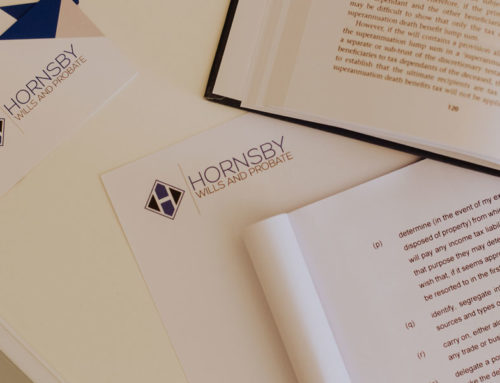If a person dies without making a will, they are said to be ‘intestate’. If this happens, provisions in the Succession Act 2006 determine who is entitled to the person’s possessions after they die (known as the deceased person’s ‘estate’).
The person first entitled to the estate will be the spouse of the deceased, including a de facto spouse. If there is no spouse, the deceased’s ‘issue’ will inherit. This means the deceased person’s children or, if those children have already died, the deceased person’s grandchildren or further descendants. Special rules apply where the deceased leaves a spouse and children of a prior relationship, or if there are multiple spouses.
If an intestate person dies without a spouse or children, their parents will be entitled to their estate or, if there are no surviving parents, their brothers and sisters. If there are no parents or siblings alive to inherit, the estate will pass to any surviving grandparents or, failing that, to the Uncles and Aunts of the deceased or their children.
If no one in the above categories survives the deceased, the state is entitled to all of the person’s assets, however there is a process whereby someone can apply to the state for provision to be made for them.
It is vitally important for people without a spouse or children or for those who are living in blended families to prepare a will to deal effectively with their estate. For many in these circumstances, a distribution under the statutory order for intestacy will not be satisfactory, resulting in further distress and, possibly, litigation among surviving family members.
If you would like advice about preparing a will or about administering an intestate estate, contact Althea at Hornsby Wills and Probate. Ph: 0410 485 277. Email: althea@hornsbywillsandprobate.com.au






Leave A Comment